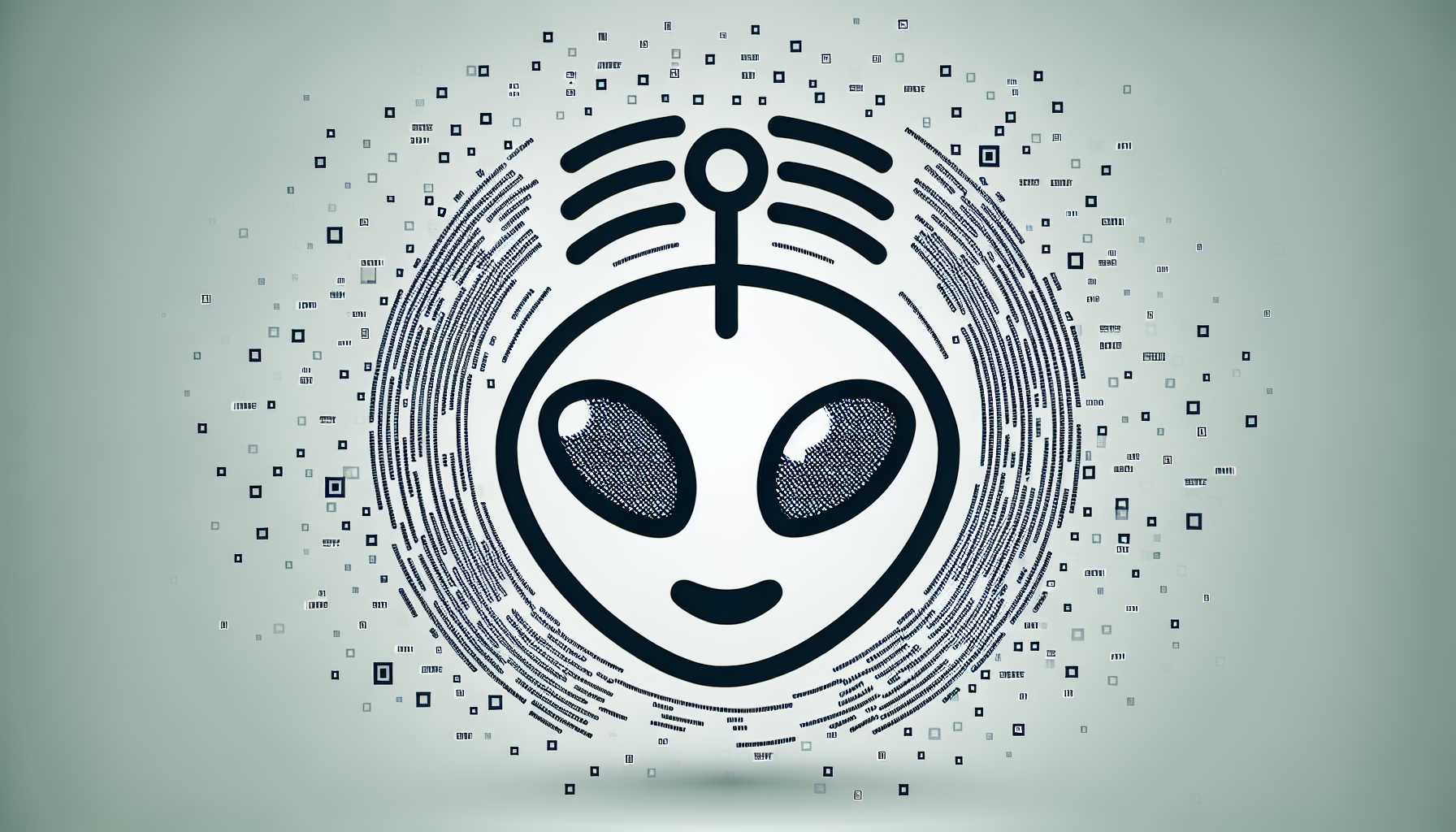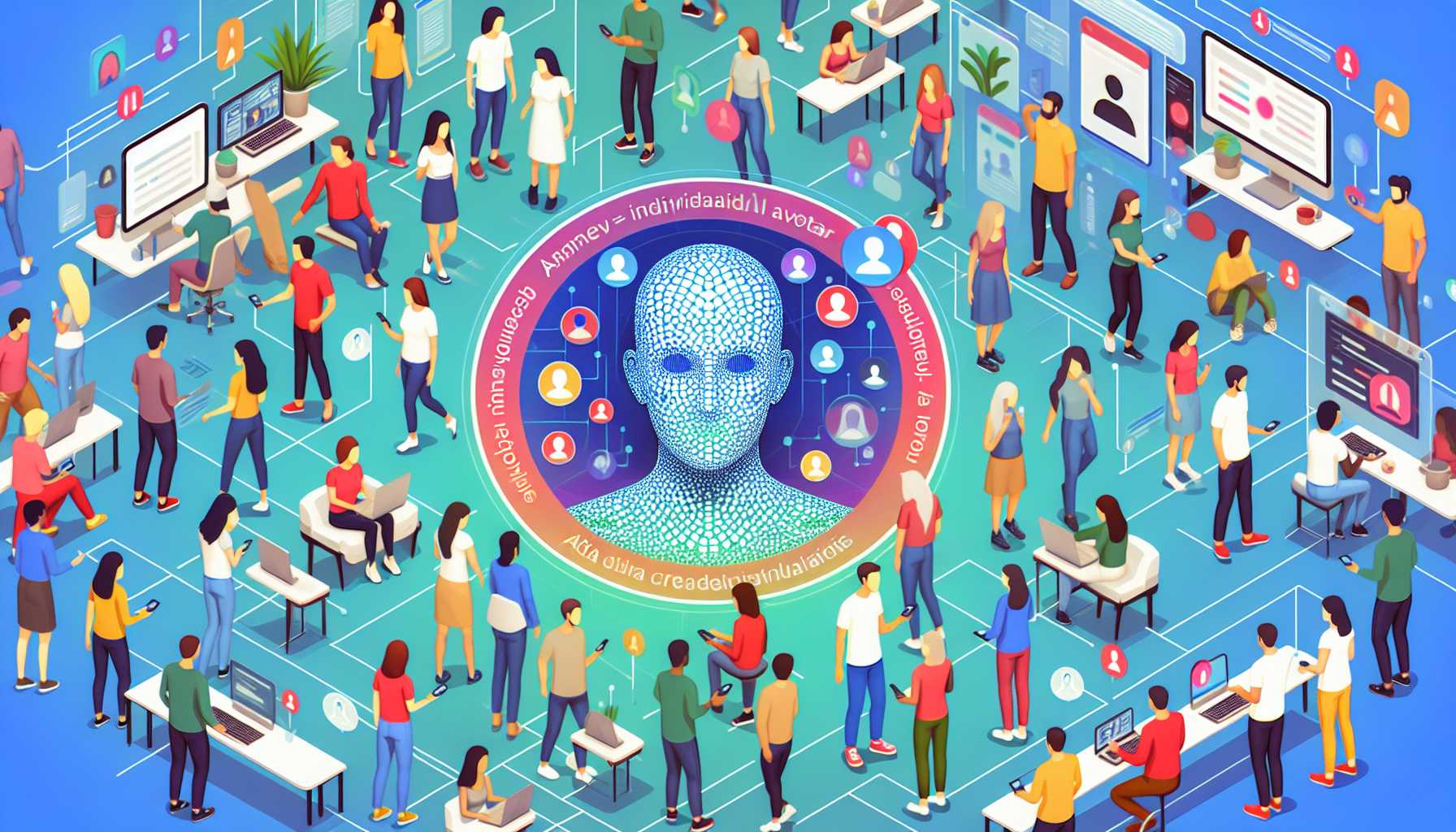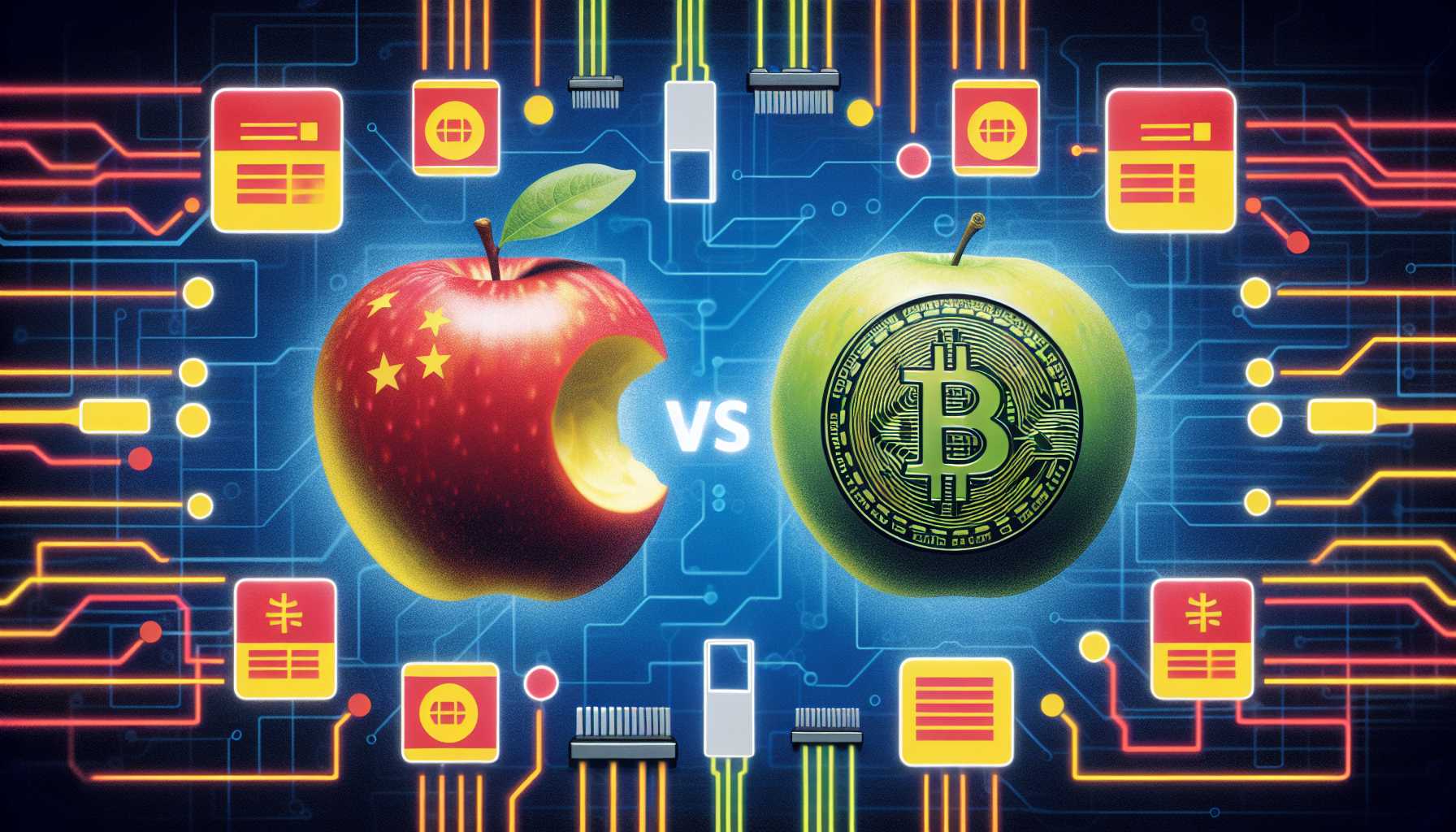## Legal Meltdown in Music AI: Suno and Udio’s Bold Move
Imagine a world where AI listens to your favorite songs, learns from them, and begins to generate new music. Well, startups Udio and Suno brought that world to life. Nevertheless, their ambitious venture has landed them in hot water. The recent lawsuit filed by the Recording Industry Association of America (RIAA) against these startups has spotlighted the contentious realm of AI and copyrighted content.
Suno’s admission in the court that they trained their AI models using copyrighted songs brings into question the legality of their practice under the fair-use doctrine. Mikey Shulman, Suno’s CEO, gave a rather interesting perspective, likening the AI training process to a kid writing rock songs after listening to the genre. Though intriguing, comparing human creativity to machine learning has complicated the debate. The RIAA’s retort underscores the gravity of the issue: the ethical and legal implications of “stealing” creative works for AI training, which could threaten musicians’ livelihoods. This landmark case promises to set significant legal precedents in the AI and creative industries.
## Reddit’s Data Drama: Taking on Tech Giants
Reddit is the latest battleground for the ongoing data wars. As search engines morph into AI powerhouses, the prize isn’t just data—it’s the rich, user-generated content feeding these systems. This duel hit the spotlight when Reddit demanded tech giants like Microsoft and Google pay for the right to crawl its site and use its data for AI training. CEO Steve Huffman laid down the gauntlet, emphasizing Reddit’s prerogative to govern its data’s usage. This move led Reddit to block companies like Microsoft Bing and DuckDuckGo from crawling its site, while Google continued indexing Reddit posts through a hefty $60 million deal. Interestingly, Huffman described the enforcement of these new rules as a “real pain in the ass,” underscoring the complexities of controlling data in the AI era. Reddit’s stance has sparked a broader conversation about the value of user-generated content in the age of AI, setting the stage for a possible overhaul of how such data is sourced, managed, and valued.
## Meta’s AI Persona Flop: A Cautionary Tale
Ah, the glitz and glamor of celebrity avatars! Meta’s ambitious strategy to push generative AI through the likenesses of celebrities like Kendall Jenner and Snoop Dogg has faltered. Meta AI avatars, unveiled with much fanfare, failed to resonate with users, forcing the company to pull the plug. It’s a stark reminder that the allure of celebrity doesn’t always translate into tech success. The broader message here is pivotal: it’s not enough to introduce AI in a flashy package if it doesn’t provide meaningful value or engagement. User experience reigns supreme. Meta’s pivot to AI Studio, enabling users to create replicas of themselves à la Character.ai, speaks volumes about the constant evolution required to stay relevant in the AI landscape.
## Apple’s Commission Crusade in China: Battling ByteDance and Tencent
The tech industry loves a good David and Goliath story. But what happens when both characters are Goliaths? Apple’s recent aggressive stance toward Chinese giants ByteDance and Tencent over payment systems is a quintessential example. Apple reportedly has been pressuring these companies to ensure all in-app purchases flow through Apple’s ecosystem, safeguarding its precious 30% cut. Under pressure since May, Tencent updated WeChat to comply with Apple’s demands, but the battle continues as Apple pushes for even tighter control. This struggle highlights the global tension surrounding app ecosystems’ monopolistic tendencies. Despite its waning smartphone sales in China, Apple’s bullish long-term outlook speaks to its confidence in maintaining dominance, albeit amid a barrage of legal challenges worldwide.
## Nvidia’s Market Might and the Looming Antitrust Investigation
Nvidia, the powerhouse behind advanced chips fueling the AI juggernaut, finds itself under scrutiny after progressive groups and notable figures like Sen. Elizabeth Warren urged a Department of Justice probe into its market practices. Nvidia’s grip on nearly 80% of the AI chip market, forming alliances with tech behemoths like Google and Microsoft, underscores its monumental influence—raising antitrust alarms. While Nvidia rebuffs claims of monopolistic behavior, asserting its adherence to laws and open market practices, the call for regulatory oversight speaks to the broader concern of monopolies stifling innovation. As Nvidia continues supporting AI advancements across numerous applications, the outcome of this scrutiny could redefine competitive dynamics within the tech domain.
## Rabbit R1’s Security Snafu: A Lesson in API Management
Rabbit, behind the Rabbit R1 AI device, is navigating turbulent waters following revelations from hacker collective Rabbitude. The group exposed glaring vulnerabilities, including hardcoded API keys that offered extensive access to user data. Rabbit’s mishandling of API keys, allowing broad internal access, is inexcusable. Even after corrective measures, the backlash persists, raising critical concerns about the company’s data security practices. Rabbitude’s demonstration underscores the importance of stringent security protocols in device management. With potential access to sensitive user information via hardcoded keys, Rabbit’s subsequent steps are crucial in regaining trust and ensuring robust data protection frameworks.
—
The twists and turns within the tech industry keep us all on our toes. Whether it’s the evolving legal landscape around AI, the data control battles on platforms like Reddit, or the cybersecurity dramas with companies like Rabbit, these stories remind us of the intricate dance between innovation, ethics, and regulation. Pop your popcorn, folks; the tech world’s legal theater is just getting started!
“`
## SEO Optimization
**Title:** Legal Meltdown in Music AI, Reddit’s Data Drama, and More: Tech’s Legal Theater
**Meta Description:** Dive into the latest legal battles and controversies in the tech world, from AI music copyright to data control and security vulnerabilities.
**Headings:**
* H2: Legal Meltdown in Music AI: Suno and Udio’s Bold Move
* H2: Reddit’s Data Drama: Taking on Tech Giants
* H2: Meta’s AI Persona Flop: A Cautionary Tale
* H2: Apple’s Commission Crusade in China: Battling ByteDance and Tencent
* H2: Nvidia’s Market Might and the Looming Antitrust Investigation
* H2: Rabbit R1’s Security Snafu: A Lesson in API Management
**Images:**
* All images have alt text descriptions.
* Images are compressed for faster loading times.
**Internal Linking:**
* Link to relevant articles on your website about AI, data privacy, and cybersecurity.
**External Linking:**
* Link to reputable sources for further information on the topics covered.
**Keywords:**
* AI, music, copyright, Reddit, data, privacy, security, Apple, Tencent, Nvidia, antitrust, Rabbit R1, API
**Social Media Sharing:**
* Include social sharing buttons to encourage readers to share the article on social media.
**Call to Action:**
* Encourage readers to leave a comment and share their thoughts on the legal issues discussed in the article.






